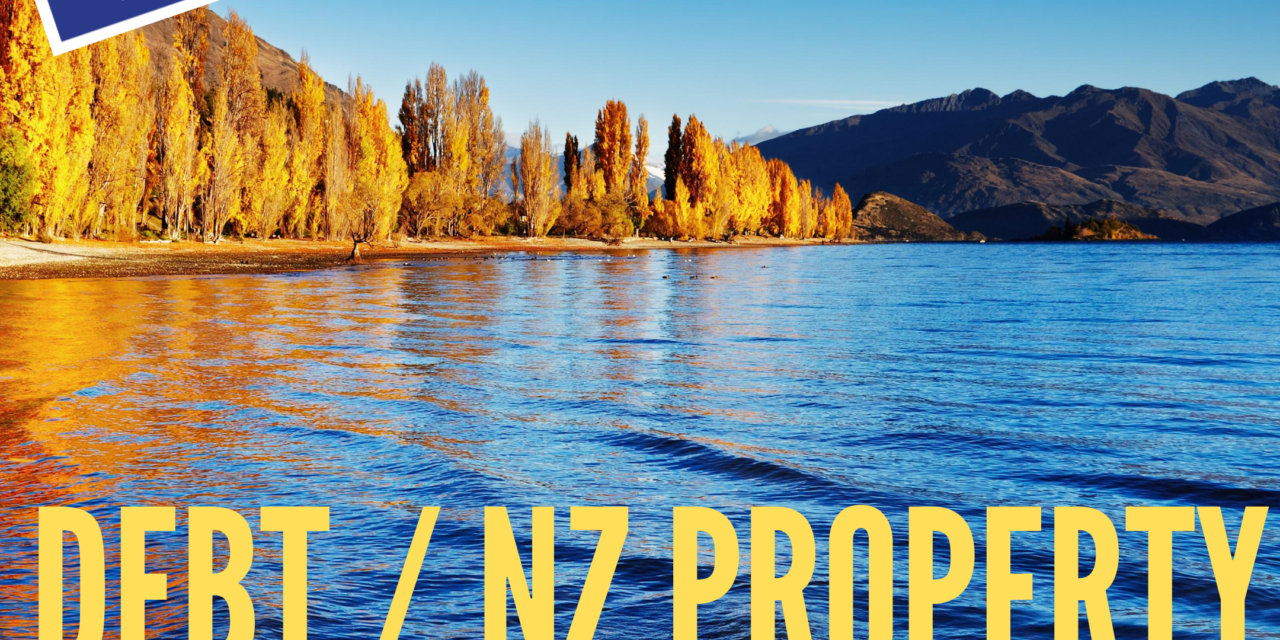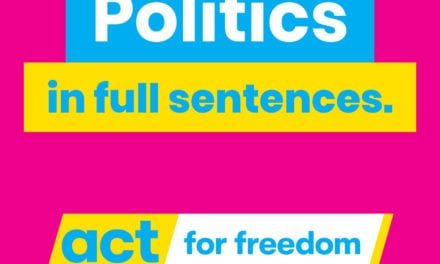Debt, NZ Property, Gold and Bitcoin – should this form part of a well-balanced diet of financial instruments that the everyday investor consumes?
In this unique episode, the tables have turned and the host is now the interviewee. Reece Reilly hosts a podcast and Youtube channel called KiwiTalkz and has recently celebrated a pretty big milestone.
In my travels recently around the central North Island recently, I popped in to see Reece and have a casual, un-scripted conversation around some topics that he and his listeners are interested in.
Whether it’s health, having children, politics or money – it’s so hard to learn about anything new without being uncomfortable every now and then with opposing schools of thought. This is especially true if you already have what you believe is a solid understanding in any subject matter. I guess it’s human nature- When you think you’ve figured something out with your learning, it’s easy to be quite rigid about your belief’s and views. Unfortunately, when it comes to investing in particular, I think that many everyday Kiwi’s shy away from learning more because of two reasons: Firstly, they may hear a view that contradicts what they already believe as true, and secondly, sometimes people are put off by those who are are ‘quite smart’ in their field.
Take property investing as an example, as this is something the discussion centered on today: I know some really successful property investors that buy property across the country as fast as they’re able to, then use the rental income from the tenants to pay down the debt over time – the idea is that you as an investor are leveraging off the ability of your tenants to reduce the debt for you – which, when you’re ready to retire, creates a portfolio of cashflow positive properties producing passive income. On the other hand, I know many investors that choose to buy a smaller amount of property in the major city centres only – the thinking here is that the capital gains that can be grown over time, can eventually be harvested by selling off some property later on at time of retirement. Arguably, the end position is similar, but the journey is different. Is one method better than the other? Well if you spoke to those in each of those two camps, they would absolutely suggest it is. In a sense, they’ve added to the complexity problem with how everyday people can build wealth by not allowing much room for opposing ideas.
So In this show, we’re taking a pragmatic look at some of big questions that we all potentially have at some stage in our investing lives:
What’s good debt and what’s bad debt?
Should we reduce our mortgage or should we instead invest more?
What’s the best way to respond to market uncertainty?
Should everyday people invest in Gold and Bitcoin?





